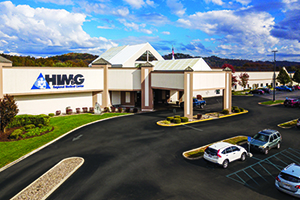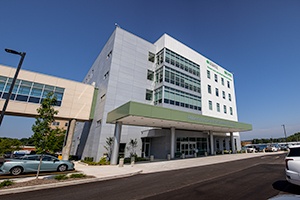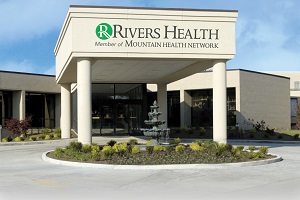A capsule endoscopy allows your doctor to examine your entire small intestine. Your doctor will have you swallow a pill-sized video capsule. This capsule is a camera that has its own light source and is able to take pictures as it passes through your small intestine. The pictures are sent to a data recorder that you wear on your waist. Afterward, your doctor will be able to view the pictures.
A capsule endoscopy helps your doctor to see the entire small intestine that cannot be reached by an upper endoscopy or colonoscopy. The most common reason patients have the procedure done is to search for bleeding in the small intestine. It may also be used for detecting polyps, inflammatory bowel disease (Crohn’s disease), ulcers, and tumors in the small intestine.
Preparing for the procedure
You will receive preparation instructions from you doctor’s office before the procedure. An empty stomach allows for the best and safest examination. The day before the procedure:
Tell your doctor in advance about any medications you are taking. Your doctor may need to adjust your usual dosage prior to the procedure.
Also tell your doctor if you have a pacemaker or defibrillator, have previous had abdominal surgery or have a history of bowel obstructions in the gastrointestinal tract or swallowing problems.
During the procedure
The doctor or nurse will prepare you for the procedure by applying a sensor device to your abdomen. The pill-sized capsule is swallowed and passes naturally through your digestive tract while transmitting video images to a data recorder that you wear on your belt. The procedure normally takes about eight hours.
After the procedure
At the end of the procedure, you will return to the endoscopy unit and the data recorder will be removed so that the images can be uploaded and put on a computer screen for your doctor to review. You will need to avoid vigorous physical activity and Magnetic Resonance Imaging (MRI) examinations after ingesting the capsule.
The capsule is disposable and passes naturally with your bowel movement in a couple of days. You should not feel any pain or discomfort.
Clinical Interests:
Locations:
Clinical Interests:
Locations:
Clinical Interests:
Locations:
Clinical Interests:
Locations:
Clinical Interests:
Locations:
Clinical Interests:
Locations:
Clinical Interests:
Locations:
Clinical Interests:
Locations:
Clinical Interests:
Locations:
Clinical Interests:
Locations:
Clinical Interests:
Clinical Interests:
Locations:
Clinical Interests:
Locations:


A provider-based department of Cabell Huntington HospitalRobert and Lena Shell Medical Pavilion1340 Hal Greer Blvd.
Building 2, Second Floor (Suite #2000)
Huntington, WV 25701
Phone: 304.691.1000

Rivers Health
2520 Valley Drive
Point Pleasant, WV 25550
Phone: 304.675.4500

An outpatient department of Cabell Huntington Hospital
Marshall Health-Teays Valley
300 Corporate Center Drive
2nd Floor
Scott Depot, WV 25560
Phone: 304.691.6910
Have questions about an upcoming procedure? Feel free to ask!
Marshall Internal Medicine
304.691.1000